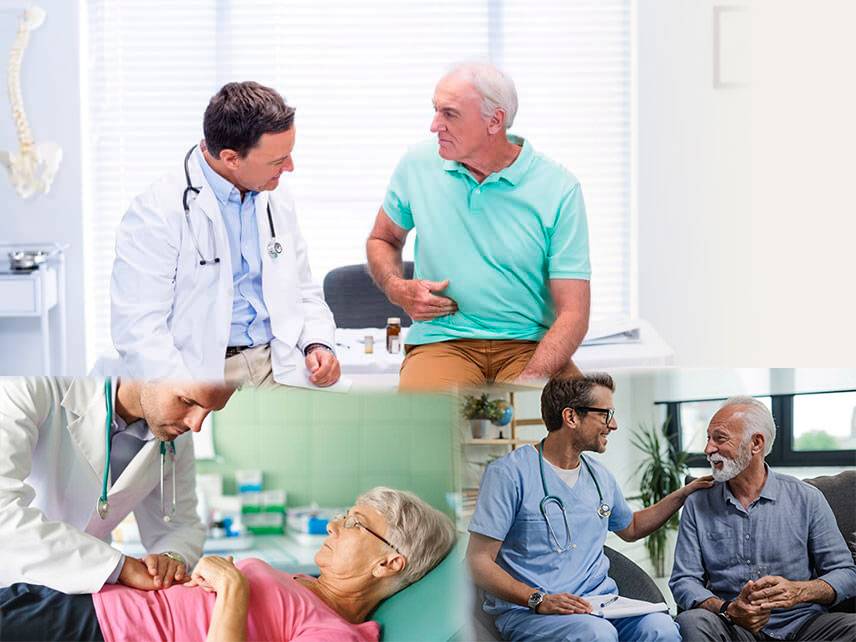Gastric cancer, also known as stomach cancer, is a form of cancer that affects the tissues of the stomach. It is a type of malignant tumor that can spread to other parts of the body, such as the liver, lungs, and bones. It is important to recognize the signs and symptoms of gastric cancer as early as possible, as it can be easier to treat.
Signs and Symptoms
Gastric cancer can often be difficult to detect in the early stages because the symptoms can be subtle. Common signs and symptoms include:
• Persistent nausea and vomiting
• Abdominal pain and discomfort
• Bloating or feeling full
• Loss of appetite
• Unexplained weight loss
• Difficulty swallowing
• Blood in the stool
If you experience any of these symptoms, it is important to talk to your doctor.
Causes
The exact cause of gastric cancer is unknown. However, doctors believe that certain risk factors can increase the risk of developing the condition. These include age, gender, a family history of the disease, and certain lifestyle factors.
Risk Factors
• Age: Gastric cancer is more common in people over the age of 50.
• Gender: Men are more likely to develop gastric cancer than women.
• Family history: Having a family history of gastric cancer increases your risk of developing the condition.
• Lifestyle factors: Smoking, drinking alcohol, eating a diet high in processed and smoked foods, and being overweight can all increase the risk of developing gastric cancer.
Prevention
There is no sure way to prevent gastric cancer. However, you can reduce your risk by maintaining a healthy lifestyle. This includes eating a healthy diet, exercising, not smoking, and limiting your alcohol intake.
Diagnosis
If you experience any of the signs or symptoms of gastric cancer, your doctor may order a series of tests to confirm a diagnosis. These tests may include an endoscopy, in which a small camera is inserted into the stomach to look for any abnormal areas. Other tests may include a biopsy, a CT scan, an MRI, and blood tests.
Treatment
The treatment for gastric cancer depends on the stage of the cancer and the patient’s overall health. Treatment options may include surgery, chemotherapy, radiation therapy, and targeted therapy.
Coping and Support
Gastric cancer can be a difficult and emotionally draining experience. It is important to have a strong support system of family and friends to help you cope. Additionally, there are organizations and support groups that can provide resources and a sense of community.
Complications
Gastric cancer can cause complications, including pain, fatigue, and difficulty eating. It can also lead to other conditions, such as anemia, malnutrition, and liver damage.
Living with Gastric Cancer
Gastric cancer can be a difficult experience, but there are ways to manage the condition. Eating a healthy diet, exercising regularly, and getting enough rest can help you cope with the effects of the disease. Additionally, talking to your doctor about any symptoms and concerns can help you stay on top of your health.
It is important to recognize the signs and symptoms of gastric cancer and to talk to your doctor if you experience any of them. Early detection and treatment can make a significant difference in the outcome. With proper care and support, you can manage your condition and live a full and happy life.





